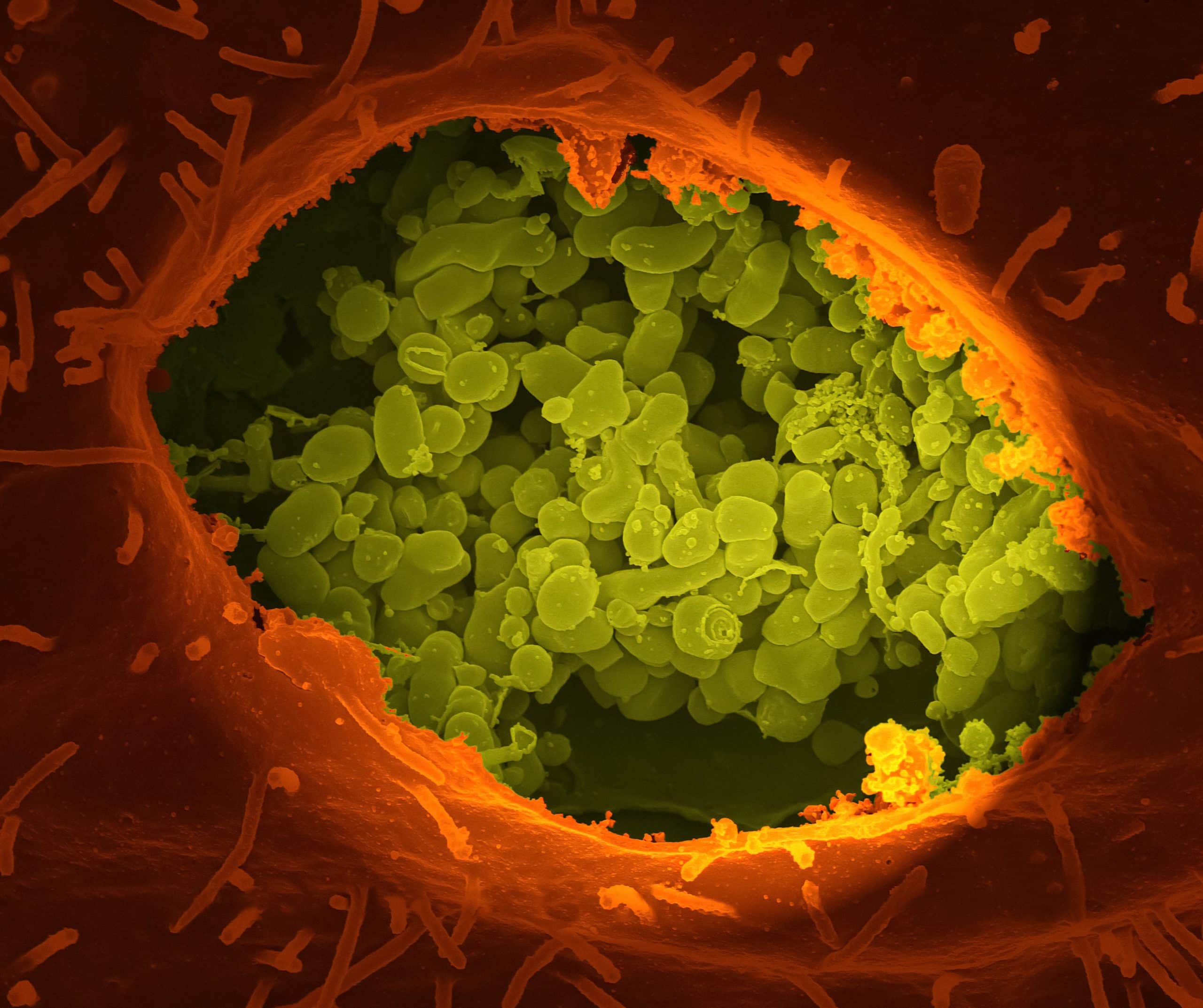The gut microbiome, which is the collection of microorganisms that live in our digestive system, has become an area of increasing interest in recent years. Research has shown that the gut microbiome plays a crucial role in maintaining overall health. Its imbalance or dysfunction has been linked to a range of diseases. In this blog post, we will discuss why the gut microbiome is crucial for your health.
Gut Microbiome and Digestion
First and foremost, the gut microbiome is essential for digestion and nutrient absorption. The bacteria in our gut help to break down food, producing nutrients such as vitamins B and K. This is critical for many bodily functions. Studies have shown that the gut microbiome can also influence the metabolism of macronutrients such as carbohydrates and fats. For example, certain bacteria in the gut can help to reduce the absorption of fat, which may contribute to weight loss. In addition, the gut microbiome can help to regulate blood sugar levels. This is particularly important for people with diabetes.
Gut Microbiome and The Immune System
The second point is that the gut microbiome plays a vital role in maintaining a healthy immune system. Our gut houses a large proportion of our immune cells, and the bacteria in our gut aid in training and regulating these cells. Research shows that a healthy gut microbiome can safeguard against infections and may lessen the risk of autoimmune diseases such as Crohn’s disease and ulcerative colitis. Moreover, studies have linked the gut microbiome to allergy development, suggesting that a varied gut microbiome may help reduce the risk of allergic reactions.
Gut Microbiome and Mood
Thirdly, the gut microbiome can influence our mood and behavior. The gut-brain axis is a communication pathway between the gut and the brain, and research has shown that the gut microbiome can influence this pathway. For example, certain bacteria in the gut produce neurotransmitters such as serotonin, which is known to regulate mood. Studies have also linked imbalances in the gut microbiome to conditions such as anxiety and depression.
Gut Microbiome and Disease
Fourthly, the gut microbiome can influence our risk of developing chronic diseases such as obesity, type 2 diabetes, and cardiovascular disease. Research has shown that people with an unhealthy gut microbiome are more likely to develop these conditions. Improving the gut microbiome may reduce the risk. For example, a study published in the journal Nature found that transplanting gut bacteria from lean individuals into obese individuals led to significant improvements in insulin sensitivity and other metabolic markers.
Gut Microbiome and Stress
Lastly, various factors such as diet, antibiotics, and stress can affect the gut microbiome. A diet that is high in fiber and fermented foods can promote a healthy gut microbiome, whereas antibiotics can disturb the balance of bacteria in the gut. Additionally, chronic stress has been associated with alterations in the gut microbiome, and some studies suggest that stress may raise the risk of gastrointestinal disorders.
To conclude, the gut microbiome plays a crucial role in overall health, beyond digestion. By maintaining a healthy gut microbiome through dietary and lifestyle changes, as well as probiotics, individuals can potentially reduce their risk of chronic diseases and improve their overall well-being.
References:
- https://www.ncbi.nlm.nih.gov/pmc/articles/PMC6682888/
- https://www.ncbi.nlm.nih.gov/pmc/articles/PMC3667473/
- https://www.ncbi.nlm.nih.gov/pmc/articles/PMC5641835/
- https://www.ncbi.nlm.nih.gov/pmc/articles/PMC6341152/
- https://www.nature.com/articles/nature12506








